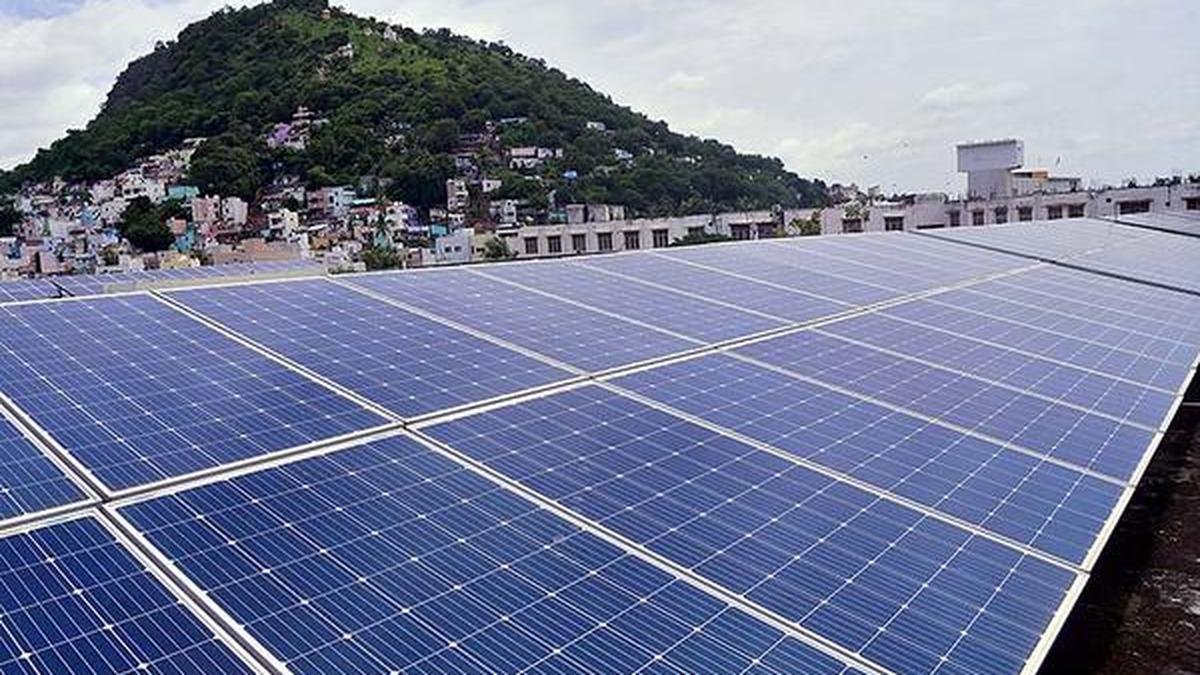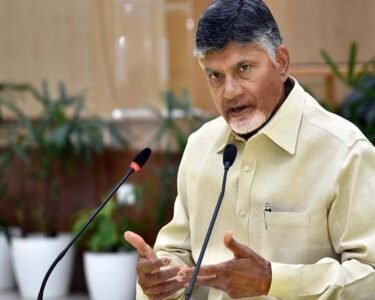In a landmark development, renewable-energy and infrastructure firm SAEL Industries has announced a significant investment programme of ₹22,000 crore in the state of Andhra Pradesh. The investment is intended to span multiple sectors—including utility-scale solar and energy storage, biomass power, hyperscale data centres and port-linked infrastructure.
The agreement is scheduled to be formalised at the two-day CII Partnership Summit in Visakhapatnam on November 14–15, 2025.
Investment Breakdown: What It Covers
The investment by SAEL Industries is structured to cover several key components:
- Renewable energy (solar + BESS): The company plans to set up seven solar-plus-battery energy storage system (BESS) projects totalling about 1,750 MW capacity across the districts of Kadapa and Kurnool.
- Biomass power: A biomass-based power project of about 200 MW, made up of eight 25 MW plants, aiming to utilise agricultural residue chains and promote rural employment.
- Data centre: Investment of around ₹3,000 crore to establish a hyperscale data centre, tapping Andhra Pradesh’s growing digital infrastructure.
- Port-linked infrastructure: A proposed investment of about ₹4,000 crore in port-linked/logistics infrastructure to enhance export competitiveness and support industrial growth.
Altogether, the investment aims not only at energy transition but also at industrial logistics and data infrastructure.
Employment & Economic Impact
According to the memorandum of understanding (MoU) outline, SAEL’s investment is projected to generate approximately 7,000 direct jobs and about 70,000 indirect jobs in the state.
The broader impact includes boosting rural employment (especially via biomass plants), supporting domestic clean-energy manufacturing and creating a stronger digital ecosystem.
Why Andhra Pradesh?
Several factors make Andhra Pradesh an attractive destination for SAEL’s investment:
- The state’s recently introduced Integrated Clean Energy (ICE) Policy provides incentives, streamlined clearances and a clear roadmap for clean-energy investments.
- The district selection (Kadapa, Kurnool) has favourable conditions for solar/BESS projects and agricultural residue-based biomass plants.
- The state government is keen to develop its data-centre and port logistics ecosystem, aligning with broader national initiatives such as digital economy and export-oriented manufacturing.
- The quick commissioning of earlier capacities by SAEL in the state (600 MW within nine months) demonstrates the company’s execution confidence.
Strategic Significance: Energy, Data and Logistics
This investment is not simply another corporate project; its strategic significance spans multiple dimensions:
- Energy transition: The focus on solar and BESS demonstrates a move toward round-the-clock renewable power, a key objective for industrial growth and decarbonisation.
- Rural linkages: The biomass component ties into the agricultural ecosystem, offering value-addition to agricultural residue, employment in rural areas and support to circular-economy principles.
- Digital infrastructure: The data centre investment underpins the growth of cloud, AI, large-scale computing and digital services in the state—a high-growth domain.
- Logistics/port infrastructure: With the port investment, the project connects the dots between production (renewables & data), export potential and supply-chain efficiency.
Challenges & Implementation Considerations
While the announcement is ambitious and promising, several challenges lie ahead:
- Land-acquisition and clearances: Large-scale solar/BESS, biomass and port projects require significant land, environmental clearances, infrastructure connectivity and workforce mobilisation.
- Execution risk: Converting MoUs and announcements into on-ground delivery remains key. The fact that SAEL has already commissioned 600 MW in nine months is reassuring but scaling up to 1,750 MW + other components will test the delivery pipeline.
- Integration of sectors: Managing the multi-sector pipeline (energy, biomass, data, port) will require cross-departmental coordination—between energy, IT, infrastructure and industry departments.
- Sustainability & supply-chain: Especially for biomass, sourcing agricultural residue sustainably, ensuring logistics, maintaining quality and avoiding supply disruptions will matter.
- Policy continuity & incentives: The project’s success will also depend on policy stability, incentives being delivered on time and regulatory/regime risks being mitigated.
Wider Implications for Andhra Pradesh
The SAEL investment, along with similar announcements by other companies, signals that Andhra Pradesh is positioning itself as a major destination for:
- Clean-energy and green industrial hubs.
- Data-centre clusters and the digital economy.
- Export-oriented logistics and port-based manufacturing ecosystems.
This could translate into increased investor confidence, new industries, higher employment, and perhaps a shift in the economic profile of the state.
Conclusion
SAEL Industries’ ₹22,000 crore investment commitment in Andhra Pradesh is a landmark move with profound implications across energy, rural economy, digital infrastructure and logistics. If executed well, it could accelerate the state’s march toward a cleaner, more inclusive and digitally empowered future. The key will be timely implementation, coordination across sectors, sustainable practices and meaningful outcomes on the ground. The upcoming CII Partnership Summit in Visakhapatnam will be the immediate stage where the MoU will be signed—what follows will determine how far the promise transforms into impact.







